Tuesday

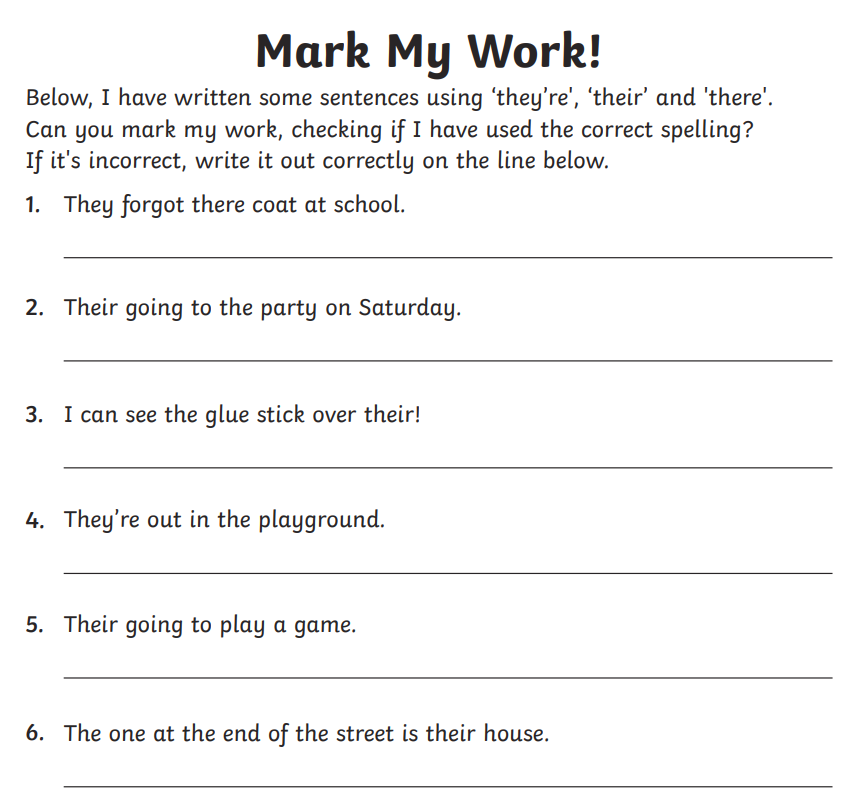

RIC
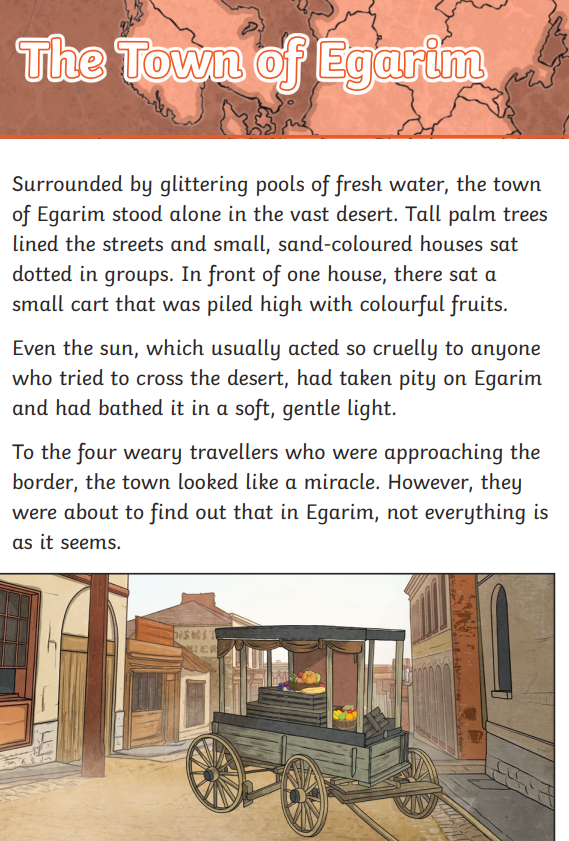
R:How many travellers were approaching Egarim?
I: Would you like to visit the town of Egarim? Explain your answer.
C:Find and copy one word which means the same as tired.
Tuesday 11th February 2025
LC: To draw inferences around characters’ actions and justify with evidence from the text using point and evidence.
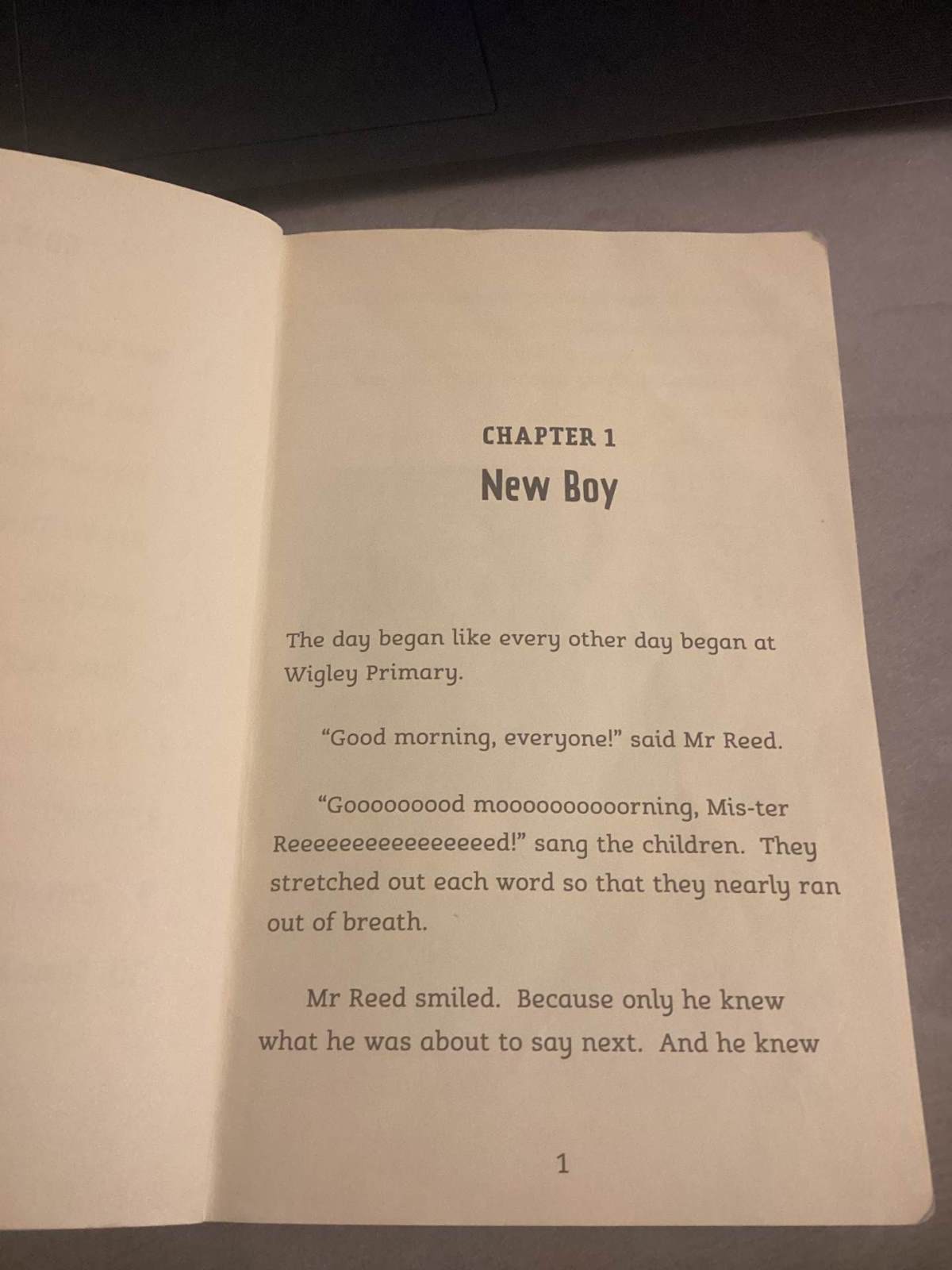
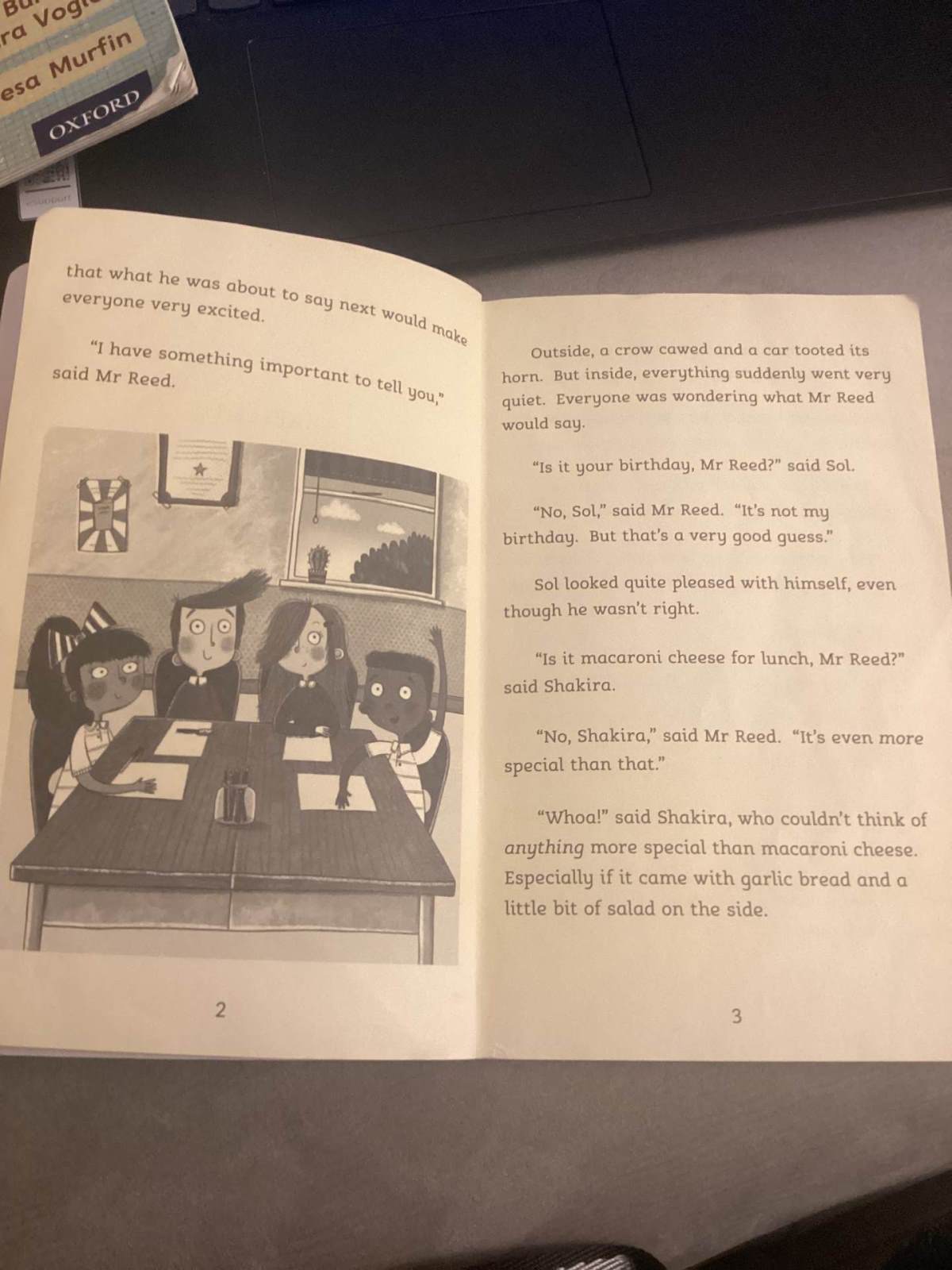
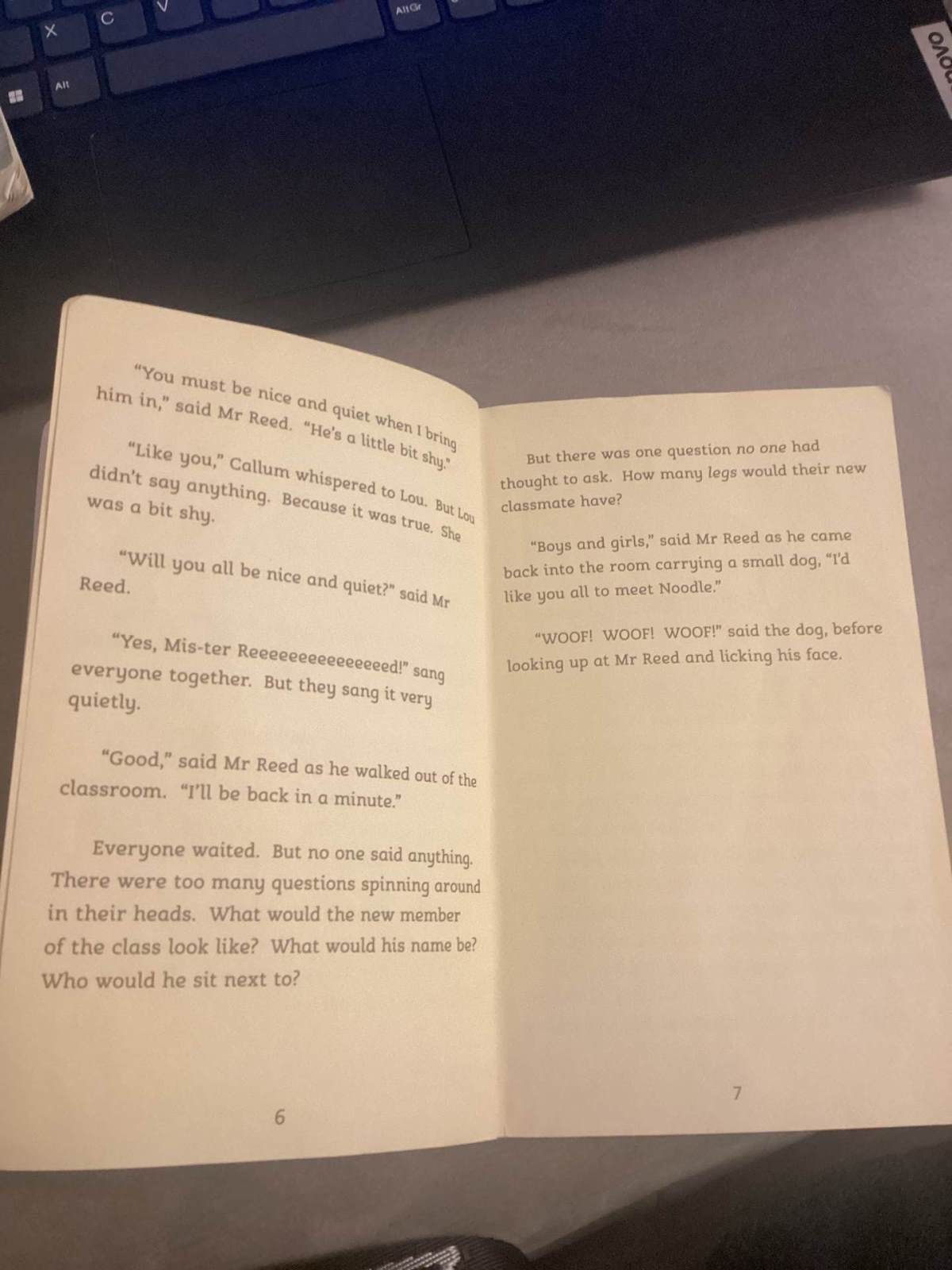
Teacher model: What evidence is there that Mr Reed is happy to welcome a new member to their class. Give two points. What actions does he do?
Your turn: What evidence is there that the children are excited about the surprise. Give two points. What actions do they do?
Adapted: What tells you that Alex and dad care about mum. What actions do they do?
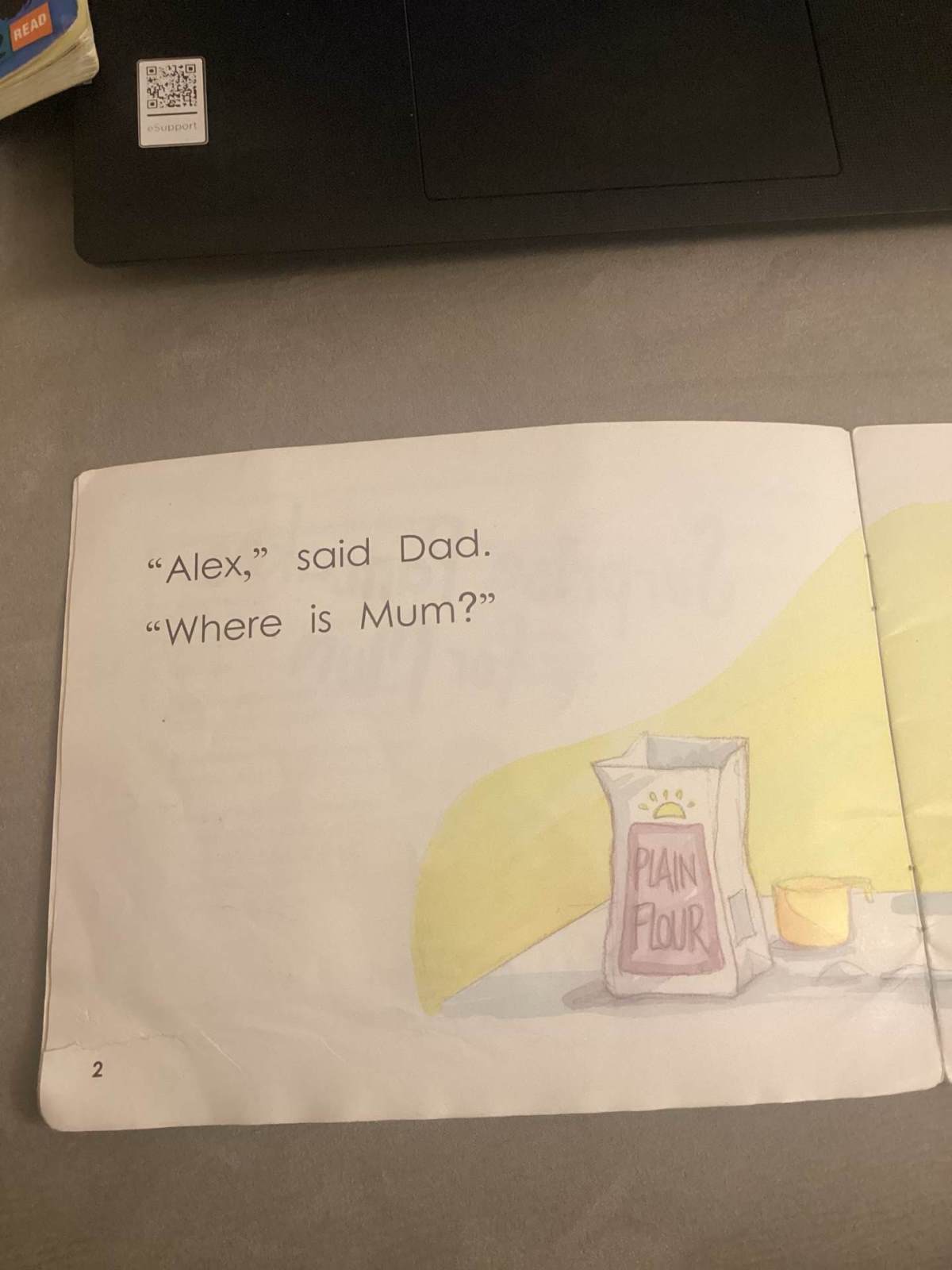



Tuesday 11th February 2025
LC- To understand the importance of Alfred the Great.
Enquiry - Why did King Alfred become known as Alfred the Great?
Think back to our last lesson.
Do you recognise this place?
As you know, the Monastery was on an island off the coast of Northumbria that was cut off from the mainland when the tide came in. This allowed the monks to have peace when they were praying and working.
What the Anglo Saxons didn't realise was that other people from across the sea were happy to attack churches and monasteries to steal the gold and silver ornaments that were special to the Christians. These people were the Vikings and they were still Pagan so they didn't feel guilty about killing and stealing religious artefacts.
Let's learn about what happened when the Vikings came across the sea to fight the Saxons.
Click the link, read all the information and watch both videos.
So the Vikings came across the sea, killed many monks and took others prisoner. They then stole the treasure.
This was the start of many battles between the Vikings and the Saxons.
The Vikings soon became known to be vicious fighters and quickly wanted to take over the land and not just steal from it.
Many many Vikings came across the sea in their longboats to attack Britain.
The boats had an animal or dragon's head at the front and were very shallow. This meant the Vikings could get really near the score and attack quickly. The Saxons wouldn't have seen anything like this before.
After the attack on Lindisfarne, a Saxon teacher wrote this.
Over several years the army battled through northern England and wrecked Britain. They took control of the Anglo-Saxon kingdoms of Northumbria, East Anglia and most of Mercia.
By AD878, almost all the kingdoms had fallen to the Vikings. All except for Wessex, which was ruled by King Alfred. King Alfred beat the Viking army in battle but wasn't able to drive the Vikings out of Britain.
Alfred was born Alfred Godwinson. His father was the king of Wessex and he had 4 older brothers so it was not very likely that Alfred would become king. After his father's death, his brothers became king one after the other and each died in battle. Alfred helped his brothers in many battles. Once all his brothers had died, Alfred became king of Wessex.
All the other kingdoms were soon controlled by the Vikings but not Wessex. It was Alfred's job to protect it. He managed to beat the Vikings back and keep them out of Wessex but he couldn't defeat them completely. The Vikings kept trying and Alfred kept winning the battles. He soon realised he was never going to push the Vikings out of Britain and the Vikings knew they were never going to control Wessex so Alfred organised for a peace document to be signed. Alfred agreed for the Vikings to stay in the other kingdoms and the Vikings had to promise to leave Wessex alone. This allowed the Saxons and the Vikings to live in peace for a while.
This is one reason why Alfred became known as Alfred the Great.
Alfred soon became known as the Saxon king of England and not just of Wessex. We know this because of coins that have been found.
Another reason Alfred was 'great' is that he wasn't happy that he had stopped the Vikings, he didn't think this was enough. He wanted to protect his people and make the defence stronger. He built walls around the villages and put soldiers in each one to protect them from attack. This protected villages were called Burghs.
Ruling as King
Alfred was a great leader in battle, but he might have been an even better leader during peacetime. Once peace had been established with the Vikings, Alfred went about rebuilding his kingdom.
With so much focus on fighting off the Vikings, the educational system of England had almost disappeared. Alfred knew that education was important, so he founded schools and rebuilt monasteries. He even translated some classic works from Latin into English himself.
This shows how much he valued education and the need for his people to be using the English language.
He also told monks to begin writing the Anglo-Saxon Chronicle which we have already learned is one of our most important pieces of evidence.
Alfred also encouraged art.
This was found many years ago and it is inscribed “AELFRED MEC HEHT GEWERCAN” (Alfred ordered me to be made).
Alfred also made other reforms and improvements to his kingdom including building forts throughout the country, establishing a strong navy, and bringing talented European scholars and craftsmen across the channel to England. He also established a national code of law.
Let's recap.
The following was written in a book and was thought to be the words of Alfred.
Do you think he was successful in what he wanted to do? Did he leave a good impression? Do people today think he was a good man?
In your books, answer the following questions in detail.
1. Why was Alfred called Alfred the Great?
2. Do you agree that he should have this name?
Alfred's statue in Winchester.
![]()
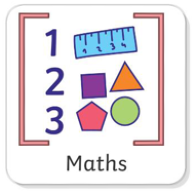
11.02.25
LC- To add fractions and answer in the simplest form.
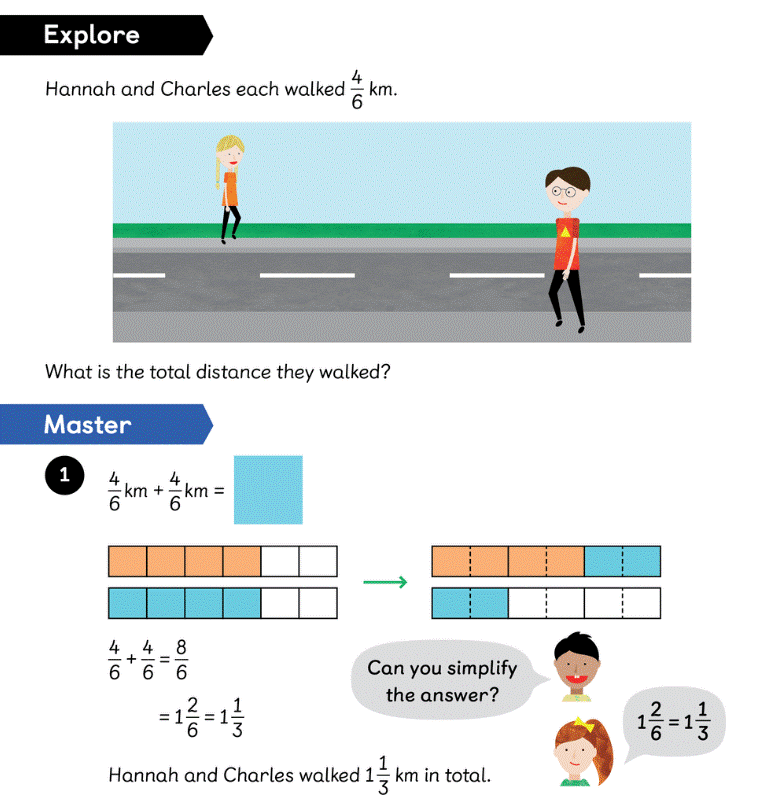
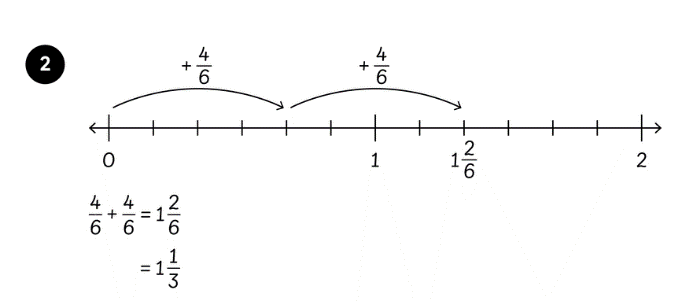
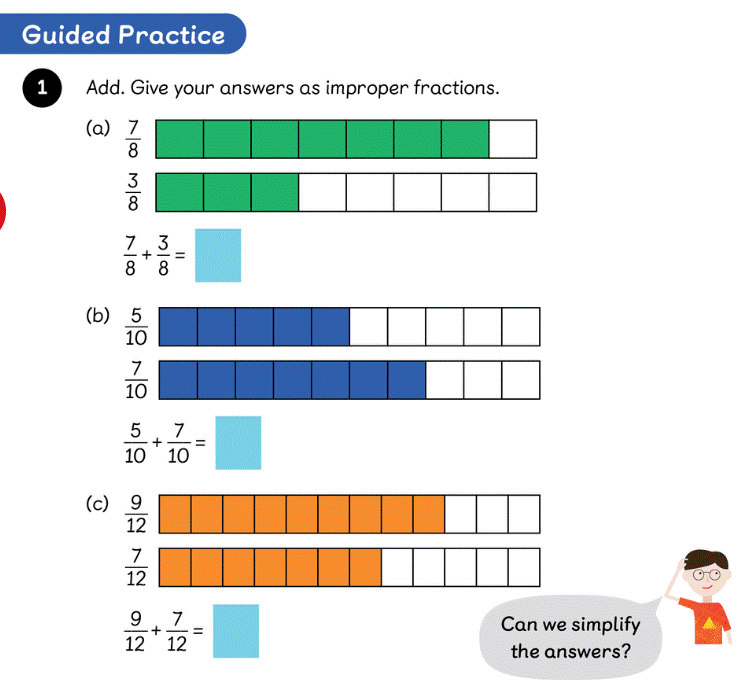
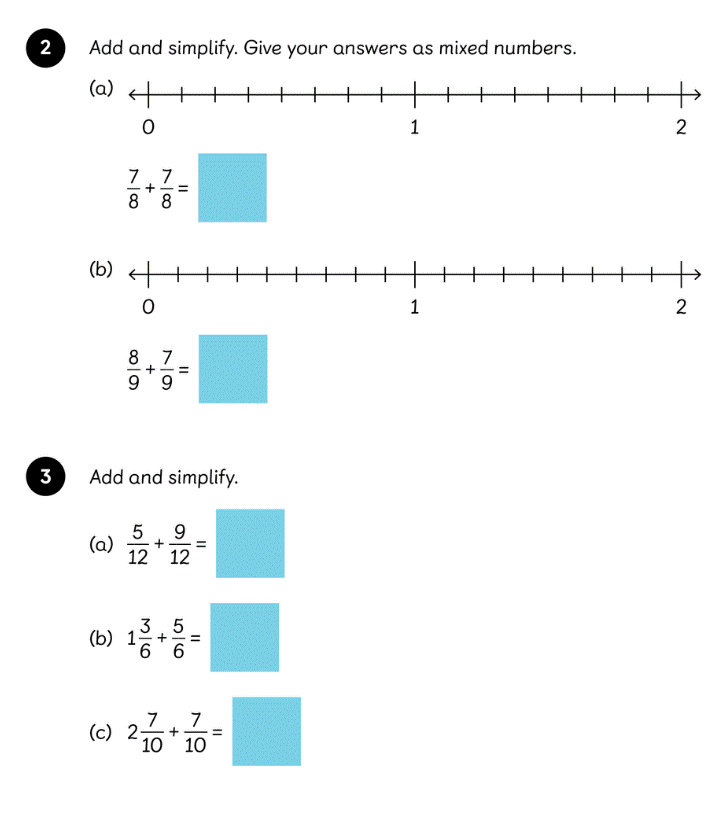
Complete worksheet 10, pages 191-192.

LC: What is love
Have you ever heard the saying, ‘I love you to the moon and back.’
‘I love you to the moon and back’ means ‘I love you more than anything or anyone else’.
The moon is 238,900 miles away from Earth, so the claim is that ‘I love you 477,800 miles’! The average distance travelled by four-wheeled vehicles per year is about 8,000 miles, so the distance to the moon and back is the equivalent of 60 years in car miles!
People have been loving people for many thousands of years. Ask the question, ‘How do you think people would have described their love over 220 years ago?’
People might have used the moon to describe their love then, too, because the moon would still have been there back then. However, just over 220 years ago, a Scottish poet called Robert Burns used the idea of a red rose to describe his love.
O my Luve is like a red, red rose
That’s newly sprung in June;
O my Luve is like the melody
That’s sweetly played in tune.
So fair art thou, my bonnie lass,
So deep in luve am I;
And I will luve thee still, my dear,
Till a’ the seas gang dry.
Till a’ the seas gang dry, my dear,
And the rocks melt wi’ the sun;
I will love thee still, my dear,
While the sands o’ life shall run.
And fare thee weel, my only luve!
And fare thee weel awhile!
And I will come again, my luve,
Though it were ten thousand mile.
The words of the poem ‘A red, red rose’ may sound old-fashioned. In one verse, it says, ‘And I will luve thee still, my dear,/Till a’ the seas gang dry.’
What do you think these words mean?
Love is not about how often we say the words ‘I love you’ or how we describe the vastness of our love. Instead, it is about how our actions show that we love someone.
Time for reflection
There is no doubt that we were made to love and be loved, but the kind of love that we are all seeking is an unconditional love. However, the kind of love that we often find is conditional.
Conditional love says:
- I will love you as long as you remain beautiful
- I will love you as long as you look after me
- I will love you as long as you agree with me
- I will love you as long as you want to be only with me
- I will love you as long as you do well at school, go to university and get a good career
Unconditional love says:
- I will always love you and accept you, just as you are.
- I will love you when you are good and when you are bad
- I will love you when you are faithful and when you are unfaithful
- I will love you when you are young and beautiful and when you are old and wrinkled
- I will always love you, no matter what
Our challenge is to love with an unconditional love.
Christians believe that the greatest love story ever told is the story of God’s love for each of us. They believe that God loves us so unconditionally that he sent Jesus to show this love.
Optional: you may wish to ask the children to reflect on the following words: ‘I asked Jesus, “How much do you love me?” And Jesus said, “This much.” Then he stretched out his hands and died.’
Prayer
Dear God,
Thank you for love.
Thank you for how good it is to have people who love us, and people whom we can love.
Thank you that your heart is full of love for us and for all those we love.
Amen/ Ameen





























